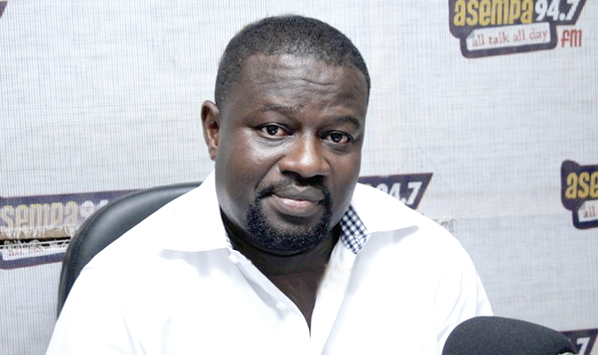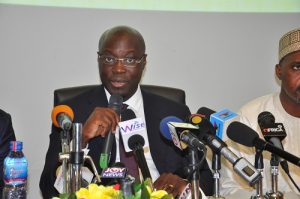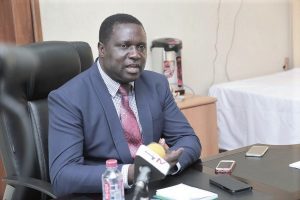Frank Annoh-Dompreh, majority chief whip says the Majority in Parliament is tired of fighting the Minority over the passage of the Electronic Transactions Levy (E-Levy).
Annoh-Dompreh said the Majority is ready to make compromises and reach a consensus with the opposition to ensure the E-Levy is passed.
Speaking to Beatrice Adu on the Big Bulletin on Thursday, he said “I concede that we have also not told our story well. It is with our PR and I concede that absolutely. And as we speak, the town hall meeting and engagements are going on, it’s better late than never.”
“…That’s very important and I hope that we’ll be able to deal with this matter as it were. We’re tired. We are tired of these fights; we’re tired of the fights. So, if there are compromises that have to be made, I know it’ll be made and already I’ve noted that there are more engagements going on. The compromises that have to be made have to be made for the sake of our country,” he stated.
Consensus building
The majority chief whip further indicated that the government has increased its consensus building over the past months and continue to do so.
“I think it is a genuine observation that we need to extend it or make it more inclusive engagements so, it’s important and I have no doubt about it. But it is also a fact that it is a work in progress.
“The minister has not shown any indication that he is done with the engagements yet. civil society groups, religious groups, other interest bodies, and the clergy have also been engaged.”
“…We shouldn’t get the wrong impression that it is only the minority that is raising some concerns, no. I mean, a cross-section of the populace is also raising issues so is more of responding to this broad-based interest groups and basically the people of this country,” he noted.
A make or break?
Annoh-Dompreh said although the government has improved its engagements on the passage of the E-Levy, the government is politically poised to pass the bill with or without consensus.
He said: “Some engagements went on (between Majority and Minority), so we’re hoping that it’ll yield some results ultimately. We (the government) have our destiny in our own hands, that’s what it is.
“We have our destiny in our hands. We reached out, we have to do what is politically expedient for us to get this decision passed and quite a number of them are reasonable. So we’ll keep talking to them (Minority) but we have our plan B.
“You don’t always get consensus. Consensus is not always reached and sometimes you can do all you have to do but you still don’t get consensus.”
“That’s why I said we have our destiny in our hands. Whiles we’re pursuing the consensus building, we’re being guided accordingly, as it were,” he added.







